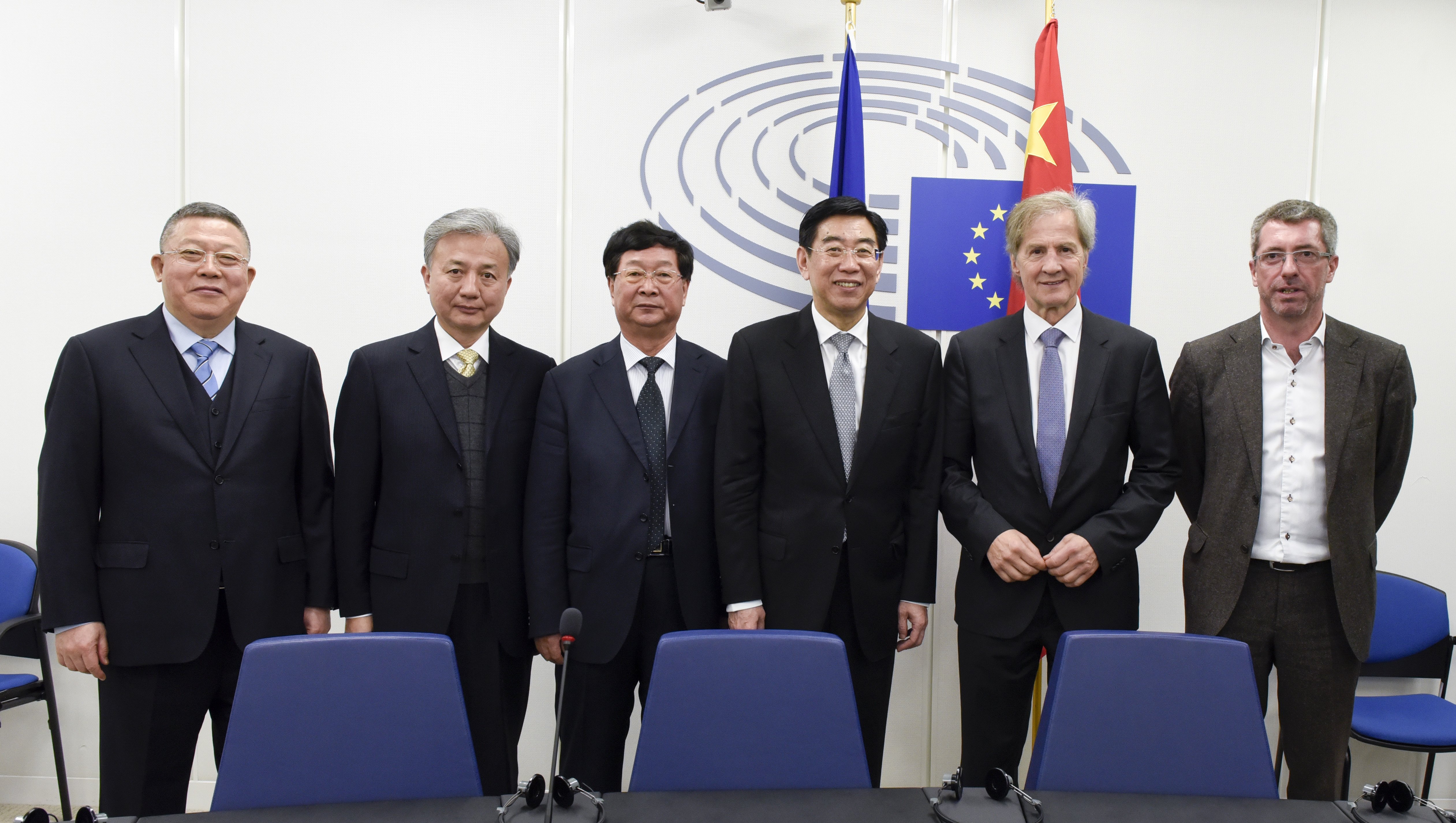Catalonia was included at Beijing's request at the last minute in the agenda for the inter-parliamentary meeting between the European Union and China held on 15th November in Strasbourg, Catalan news agency ACN reports. One of the vice-chairpersons of the Foreign Affairs Committee of the National People's Congress of China, Wang Xiaochu, asked MEPs about the situation in Catalonia. After expressing his support for the Spanish government's attitude, he asked whether the strategy adopted by Madrid was also the official position of the EU and whether it was to be expected, therefore, that this line would be taken over "other" issues, an implicit reference to the topics of Tibet and Xinjiang.
"Currently, yes", said the chair of the European Parliament's delegation for relations with the People's Republic of China, the German S&D MEP Jo Leinen, on the first question, whether the EU shared Spain's position towards Catalonia. Two Spanish MEPs, Francisco Millan from PP (Popular Party) and Fernando López Aguilar from PSOE (Spanish Socialist Workers' Party), defended the Spanish government's attitude towards Catalonia and received Chinese support. As for whether the European attitude of non-interference in Catalonia was to be hoped for in other questions like Tibet, the delegation insisted that the situations in Spain and China are not exactly comparable, ACN learnt.
Sources with knowledge of the meeting also said that the MEPs made it clear that even if they support China's territorial integrity, that doesn't mean they will remain silent towards possible human rights violations by Beijing. The European Union noted they called for "dialogue" in the Catalan affair and for the law to be followed. The same sources said that the EU does not currently believe that there are human rights violations in Catalonia, taking into consideration the imprisonment of government ministers and civil society leaders.
The discussion of Catalonia took some 20 minutes in the European Parliament in Strasbourg and was included in the agenda as a last-minute change under the title "Regional topics in Europe". It directly followed a debate about the consequences of Brexit.

